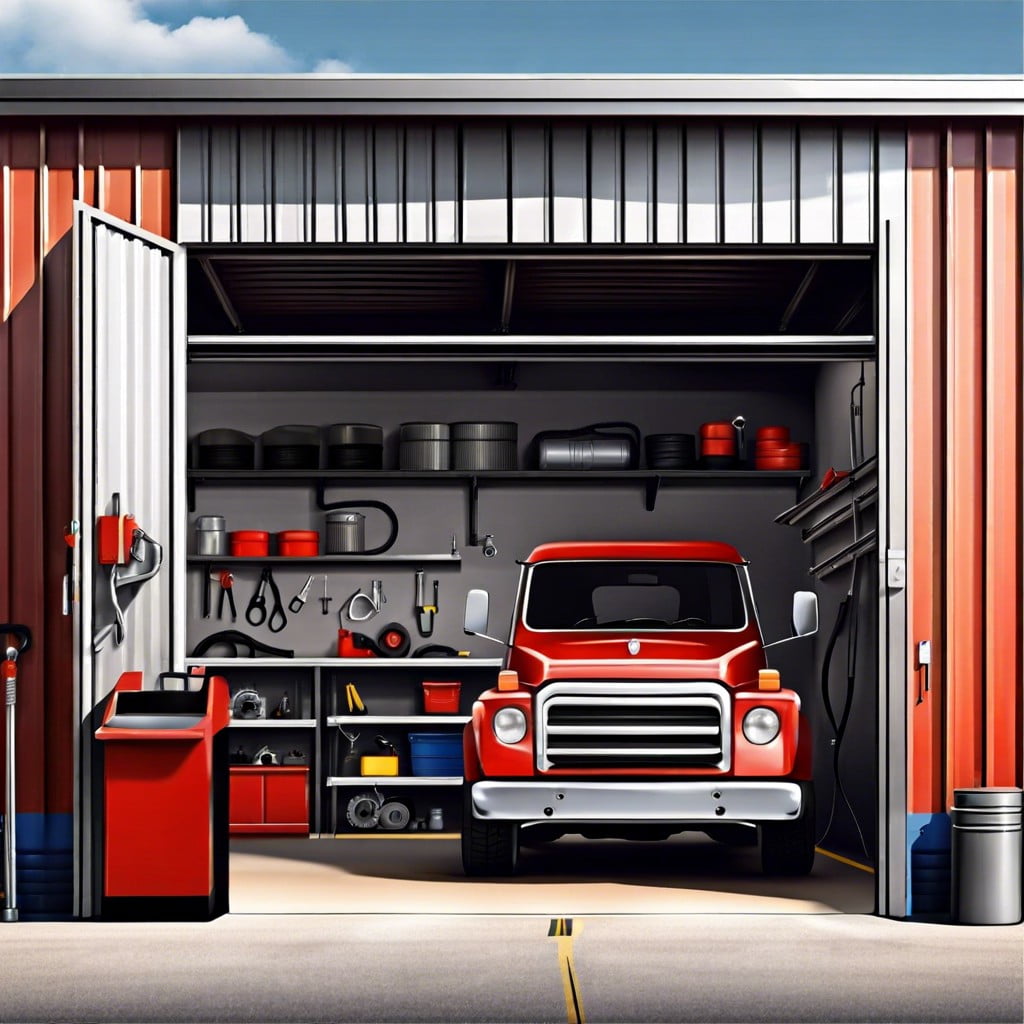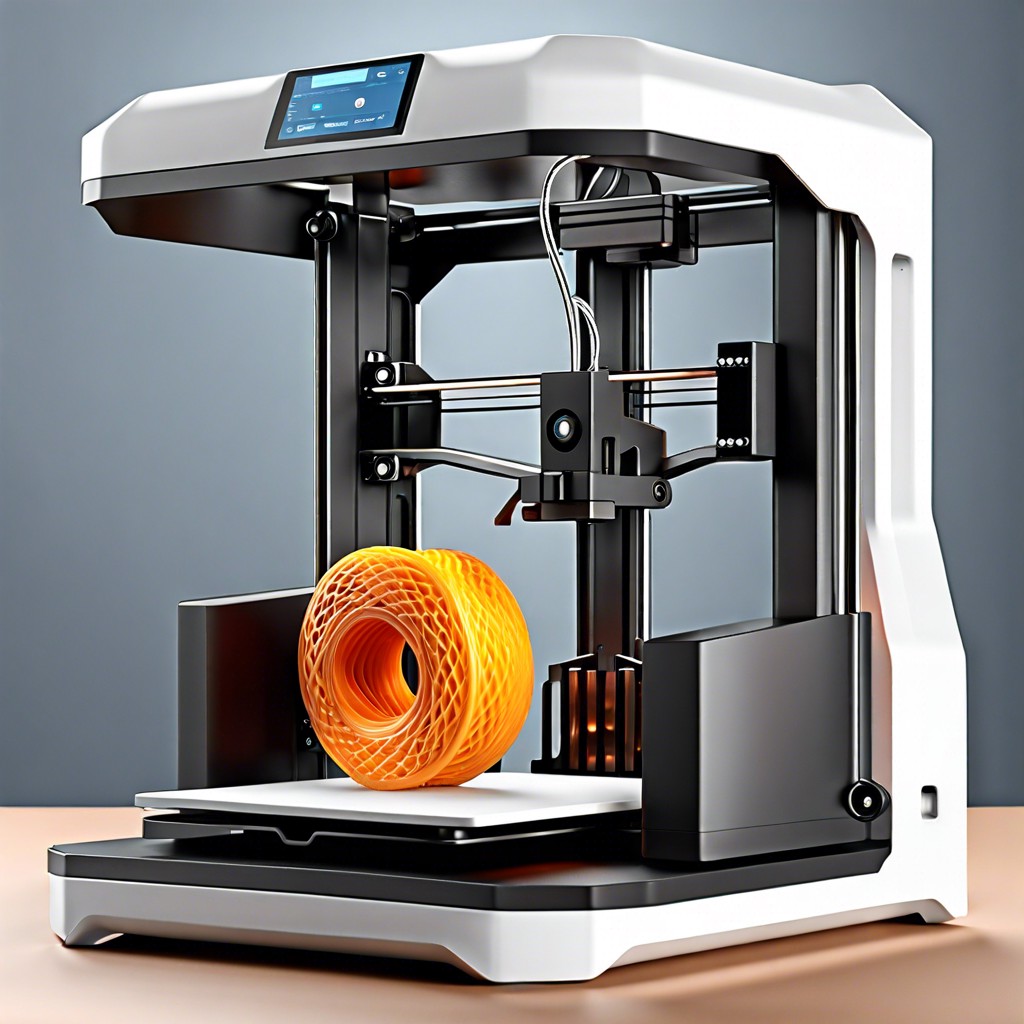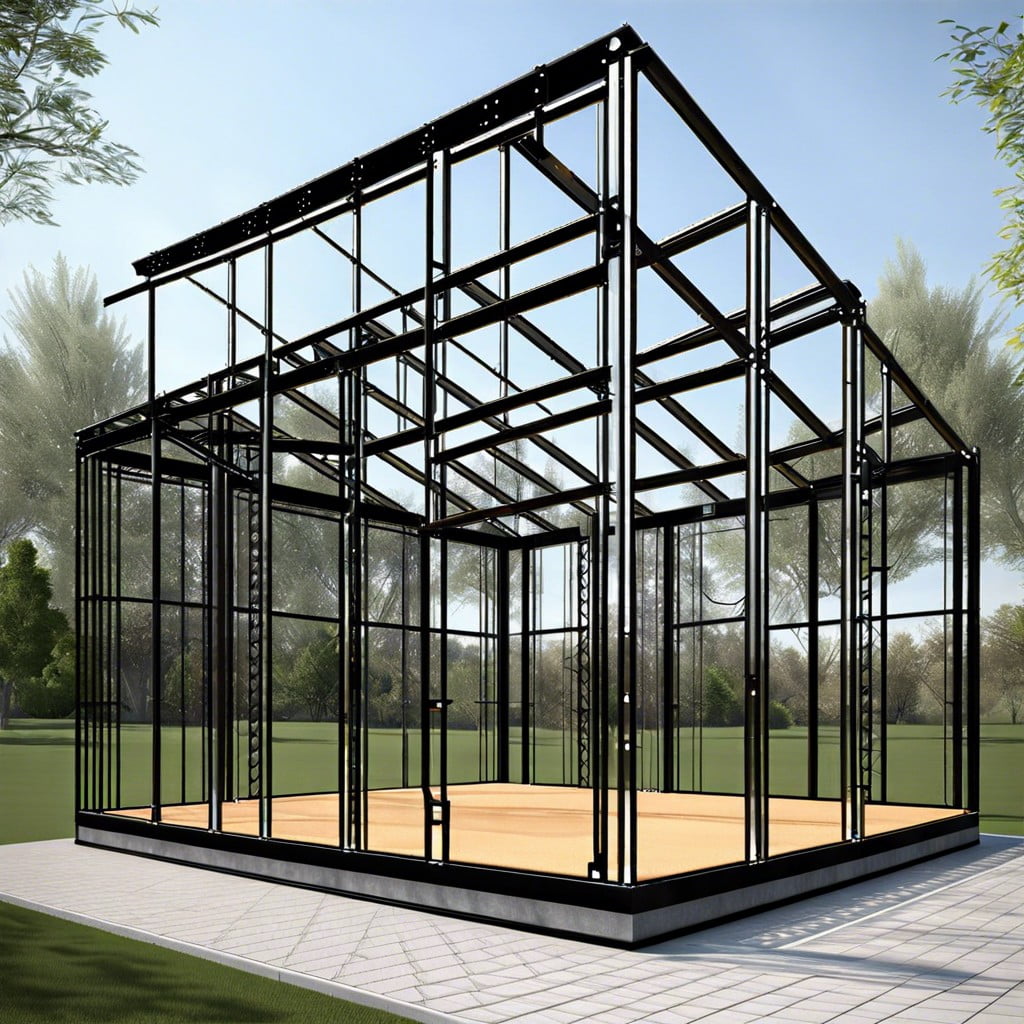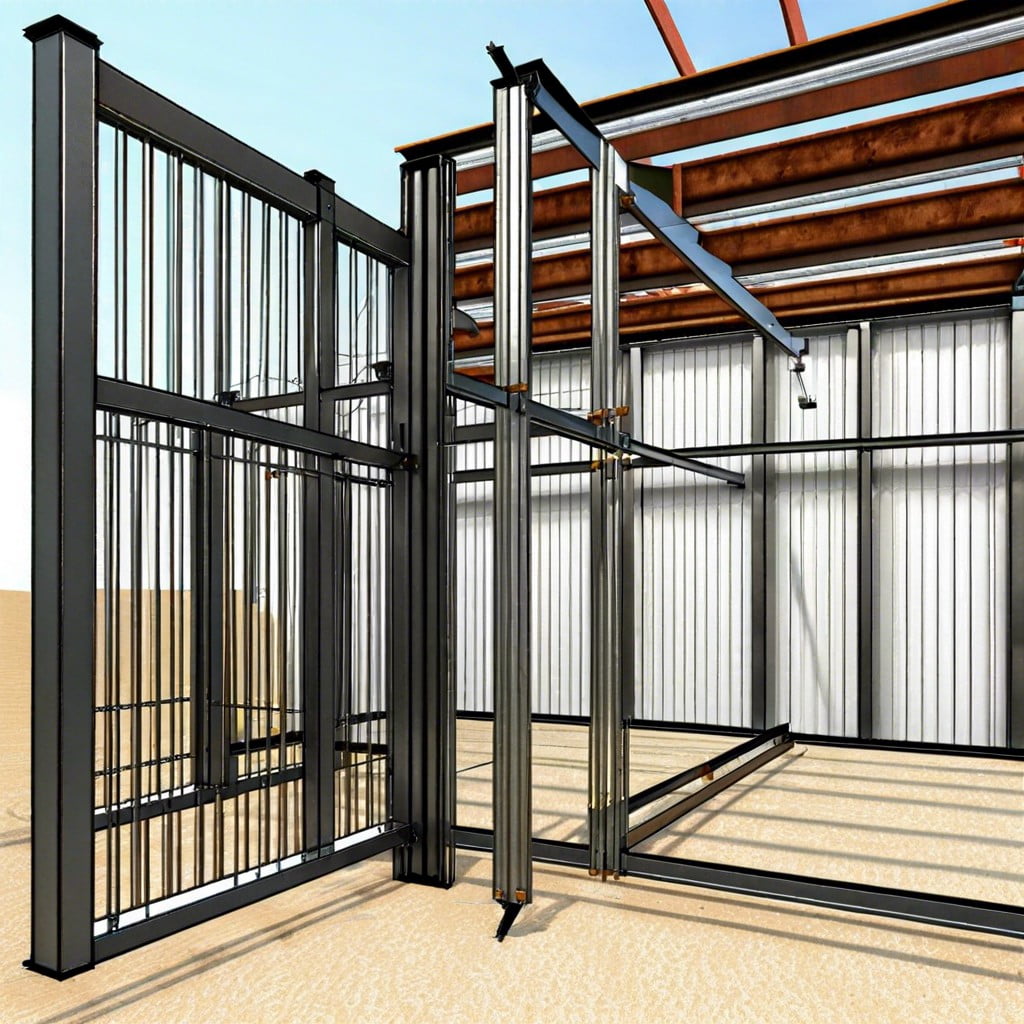Discover the ideal shop garage door options for your needs, focusing on materials, mechanisms, and security features for your workspace.
Key takeaways:
- Consider the purpose, size, material, and security of the garage door.
- Insulation improves energy-efficiency and reduces noise pollution.
- Wayne Dalton offers durable, customizable garage door options.
- Smart technology integration enhances convenience and security.
- Adhere to local building codes to ensure safety and compliance.
Assessing Shop Garage Door Needs

When sizing up the perfect garage door for your shop, first consider the door’s purpose. Will it be guarding a fleet of vehicles, a woodwork haven, or a space for social gatherings? It should fit your daily operations like a glove.
Next, measure up. Height and width are pivotal, but don’t overlook the headroom above the door and the room on the sides. These spatial elements dictate the door type and track system feasible for your setup.
Material selection is a balancing act between durability, maintenance, and aesthetics. Steel stands up to wear and tear, while aluminum resists rust and wood offers a classic look. Consider what will stand the test of time for your shop.
The frequency of use will steer your choice toward a manual or automatic door. If you’re constantly on the move, an automatic door can save you time and hassle.
Lastly, remember that the right door elevates security for your tools and treasures. It’s not simply an entrance; it’s the guardian of your workspace. Choose a door that offers peace of mind and aligns with your day-to-day demands.
Understanding R-Value and Insulation Benefits
Insulation might not be the star of the show in garage door conversations, but its importance is paramount. Think of a shop garage door as a giant thermos for your workspace, keeping hot coffee hot and iced tea cold. That’s your insulation at work, embodied in the door’s R-value, which measures thermal resistance.
The higher the R-value, the better the insulation. This means the door can effectively keep out chill or heat, making your shop more energy-efficient. Staying comfortable while you tinker on a project during a blistering summer or freezing winter won’t leave your wallet thin.
Moreover, don’t forget that insulation also acts as a sound barrier. It muffles the symphony of noisy tools, compressors, and any band practice your teenager might start in your absence. Less noise pollution means a happier neighborhood and fewer distractions for intricate tasks.
Choosing a door with the right R-value can seem like picking a needle from a haystack. But it boils down to your local climate and shop use. Whether you’re in the icy north or sunny south, there’s a sweet spot waiting for you.
Comparing Wayne Dalton Classic Steel Models
Wayne Dalton’s Classic Steel lineup boasts durability matched with sleek design, offering options for both the budget-conscious and the aesthetically particular. The Model 9100, for example, features pinch-resistant door panels and foam insulation – a boon for energy savings. Its more advanced sibling, the Model 9605, steps things up with a wider range of color and window treatments, catering to those with a keen eye for curb appeal.
Each model comes with different levels of insulation. Measuring based on R-value – a metric for thermal resistance – becomes critical. Higher R-value signifies greater insulation, making the Model 8300 a strong candidate for those residing in harsher climates, keeping garages toasty or cool as the season dictates.
A nod towards security, all models sport sturdy locking mechanisms. Yet not all garage adventures demand brawn over brains; for tech enthusiasts, Wayne Dalton doors easily integrate with contemporary smart garage door openers, making remote access and monitoring a cinch.
To sum it up, when scalability and personalization are on the table, Wayne Dalton’s diverse offerings don’t disappoint. Whether it’s for a modest DIY workspace or the ultimate gearhead’s sanctuary, these doors have the flexibility to fit virtually any shop garage blueprint.
Integrating Garage Door Openers and Smart Technology
Modern garage door openers are more than just a way to lift a heavy door. They’ve evolved into high-tech hubs that improve both convenience and security. Imagine your shop door greeting you like an old friend, swinging open as your truck pulls up after a long day’s work. That’s the beauty of smart technology integration.
Firstly, the convenience factor is massive. Smart openers can be controlled right from your smartphone. Left for a material run and can’t remember if you closed the door? A quick glance at your phone app, and it’s sorted. Moreover, schedule your door to close at a certain hour, just like you’d set an alarm, and voila, peace of mind served on a silver platter.
Then, there’s the security aspect. Many smart openers feature rolling-code technology, which sends a new code every time the remote is used. It’s like changing your shop’s locks every day, without the need for a single key. Plus, you’ll often find features like alarm systems and cameras built right into these smart beasts, keeping an electronic eye on your shop’s most valuable assets.
Lastly, syncing with other smart home devices ramps up the functionality. That means your shop door could turn on lights or activate heating as part of a smart home scenario. It’s like having a personal assistant dedicated to your comfort and practicality.
So, leveling up your shop with a garage door opener that harnesses smart technology isn’t just about following trends; it’s about making a smart business investment into efficiency and security.
Navigating Local Building Codes and Compliance Issues
Before you throw open the doors of your new shop garage, make sure you’re playing by the rulebook. Local building codes may seem like a bureaucratic tangle, but they’re actually your friends in disguise. They keep your structure safe and sound, especially when Mother Nature throws a tantrum.
First, check in with your local building department. They have the lowdown on the must-haves for door size, materials, and wind resistance. Think of it as getting the secret handshake right; you want to be part of the club that knows what’s up.
Next, size matters – and so does location. Some codes have requirements for door dimensions relative to the garage’s footprint. They’re not one-size-fits-all, and neither are regulations on where you can place that door on your property.
Don’t forget, your shop garage door needs to have the muscle to face down local weather. If you’re in Tornado Alley, brace yourself (and your door) for some strict wind resistance codes. These codes aren’t just hot air—they’re there to stop your garage from pulling a Wizard of Oz on you.
Playing by the rules might require a bit extra homework, but it’s better than a pop quiz from the city inspector after you’ve installed your door. Dot your i’s, cross your t’s, and your shop garage will be the talk of the town—for all the right reasons.
Recap




